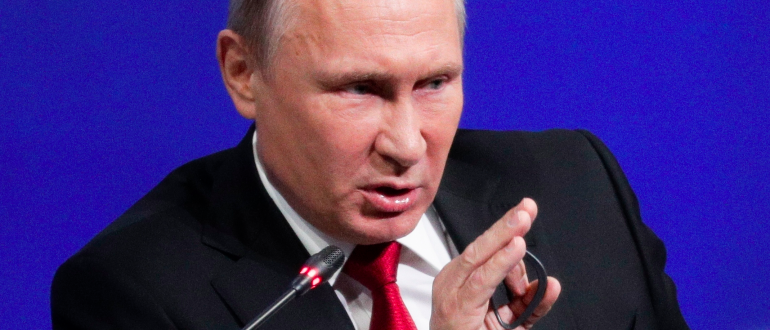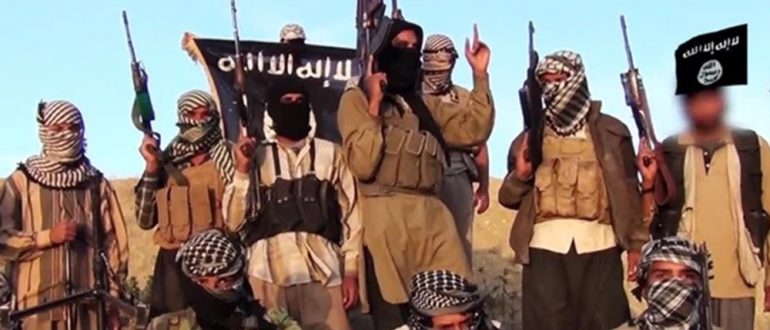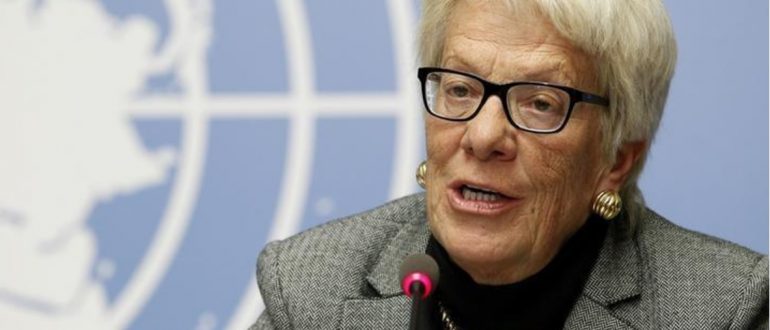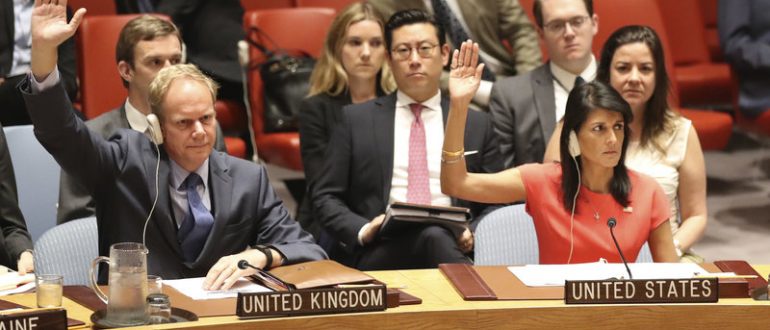The United Nations Security Council voted unanimously Saturday to impose new sanctions on North Korea over the country’s long-range missile tests last month.
The measure cuts about $1 billion worth of North Korean exports, or about a third of the country’s export revenue each year.
“This resolution is the single largest economic sanctions package ever leveled against the North Korean regime,” said Nikki Haley, the U.S. ambassador to the U.N. “This is the most stringent set of sanctions on any country in a generation.
“And this time, the council has matched its words and actions,” she said.
Arriving at new sanctions
The sanctions ban countries from buying North Korean coal, iron, iron ore, lead, lead ore and seafood. Other countries will also be barred from increasing the “total number of work authorizations,” and banned from creating “new joint ventures” with North Korean businesses or people.
“The United States was able to get a pretty strong resolution here that will hit North Korea where it hurts economically,” says Ankit Panda, who writes about North Korea for the online magazine, The Diplomat.
North Korea tested two intercontinental ballistic missiles in July. The second, experts said, showed the potential to reach the U.S. mainland.
All 15 Security Council members approved the resolution, including Russia and China. China is North Korea’s largest trading partner and makes up 85 percent or more of North Korea’s total trade.
China’s representative to the U.N., Liu Jieyi, said North Korea needed to “cease taking actions that might further escalate tensions,” Reuters reported. But Liu also criticized the U.S. role on the Korean peninsula, saying the deployment of a U.S. antimissile system, called THAAD, in South Korea, “will not bring a solution to the issue of [North Korea’s] nuclear testing and missile launches.”
China fears a spread of U.S. influence in the region, though China and the U.S. agree on wanting to stop North Korea’s nuclear development.
A country with experience “absorbing pain
North Korea has already faced a decade’s worth of ever-increasing sanctions backed by the U.S. and its allies. Not only have there been loopholes in the past that traders and businesses have exploited, but implementation and enforcement of sanctions have been spotty. Despite that, the U.S. and two previous South Korean governments “essentially bought into a sanctions approach to try and stop North Korea,” says John Delury, a North Korea watcher who teaches international relations at Seoul’s Yonsei University.
“It hasn’t worked. So we’re doing more of the same,” he says. “One thing North Korea is extremely good at is absorbing pain. And the last thing they’re going to yield on is their deterrence capability. Because they feel under threat and under siege.”
The roles of the U.S. and China
President Trump has used different strategies, from charm to Twitter criticism, to urge China to put more pressure on North Korea over its nuclear program.
“The President appreciates China’s and Russia’s cooperation in securing passage of this resolution,” the White House said in a statement after the measure passed. “He will continue working with allies and partners to increase diplomatic and economic pressure on North Korea to end its threatening and destabilizing behavior.”
But, as Amy King of the Australian National University told NPR’s Elise Hu and Anthony Kuhn, the focus on China “abrogates [other countries’] own responsibility, particularly in the case of the U.S.” The U.S. could do more on its own to develop a relationship with North Korea, she said.
Speaking at a summit of the Association of Southeast Asian Nations in Manila, Philippines, Secretary of State Rex Tillerson called the vote “a good outcome,” according to The Associated Press. South Korean Foreign Minister Kang Kyung-wha called it “a very, very good outcome.”
Representatives from Southeast Asian countries plan to discuss at the summit what other action to take in response to North Korea’s recent missile tests.
From NPR JAMES DOUBEK, ELISE HU





